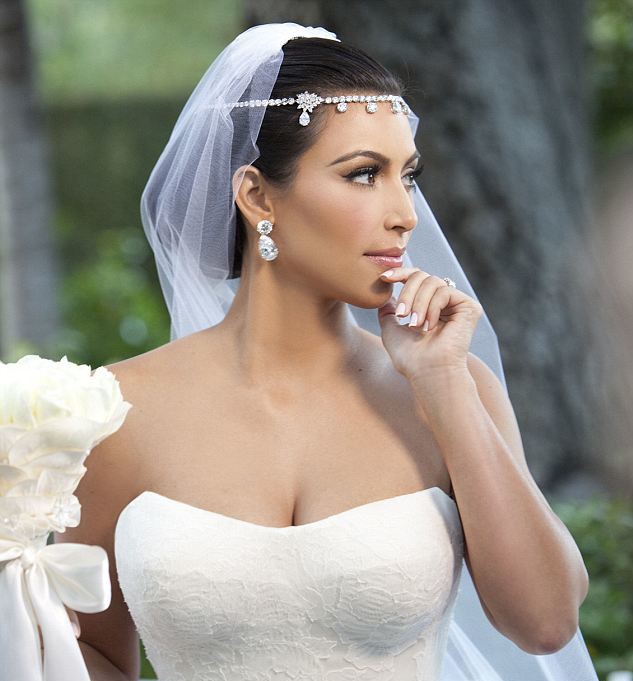Marriage may be the ultimate social safety net, but for many it seems a trap. The heart wants what it wants–and doesn’t want what it doesn’t want–and emotions more than economics drive personal lives. Sometimes politicos believe, however, that divorce and single parenting is driven mostly by public policy.
It’s a bipartisan folly, with even the very social conservatives who most want the government’s finger out of the pie doing a turnabout when a wedding cake is involved. Marriage shouldn’t be de-incentivized by public policy, obviously, but if the institution isn’t taken as seriously in America as it once was, that may be because it was enabled by certain inequalities and prejudices we’re better off without. The people have voted. From the Economist:
When marriage is hitched to politics the result is usually muddled thinking. Social conservatives think that lax attitudes to sex, a decline in manliness, short skirts and a hundred other things have chipped away at a sacred institution. The Heritage Foundation, a think-tank with a “Marshall Plan for Marriage”, recently puffed a study suggesting that online pornography was the cause of the rot. People who reckon culture is to blame often propose economic solutions, from getting rid of marriage penalties to using public policy to promote wedlock. Thus some conservatives, who tend to assume that the government mucks up everything it tries, are nonetheless arguing that it can revive the traditional family. Leftish Democrats, meanwhile, think that marriage has been undermined by rising inequality, and especially the low wages of unskilled men, which make them less attractive as mates. They tend to argue that marriage, unlike practically every other social problem, cannot be fixed by government.
Both these views are confused. There are indeed marriage penalties in the tax code and in the welfare system: a single mother who marries a man with a job can lose all kinds of means-tested benefits. But there are also some marriage bonuses, and the tax code is so complicated that few Americans know whether tying the knot will mean they owe the taxman more or less. The federal government has made $114 billion-worth of pro-marriage fiddles to tax laws in the past decade with nothing much to show for it. And there is no evidence from decades of marriage-promotion programmes that the government can persuade people to get or stay hitched, a finding that will not surprise anyone who has ever actually been married.
As for the notion that inequality is to blame, that is muddled too. Most of the increase in income inequality has been at the very top of the scale: it is hard to see how the vast pay packet of a hedge-funder in New York changes the intentions of someone waiting tables in Utah. Though the wealthy are much more likely to wed than the poor, the relationship between money and vows is not clear-cut. Lots of people who decided to marry a few generations ago were poorer than those who choose not to today. Nor did marriage rates decline in the 1920s, when the surge in stock prices gilded the incomes of rich Americans. This tangle over inequality blinds Democrats to the possibility that causation may run in the opposite direction: that unwed parents raise poorer children. Isabel Sawhill of the Brookings Institution, a think-tank, calculates that returning marriage rates to their 1970 level would lower the child-poverty rate by a fifth. This omission may be deliberate: Democrats are reluctant to offend unmarried women, 60% of whom voted for the party’s candidates in 2014.
A debate about marriage should begin by acknowledging that the high rates of the 1950s and 1960s were a peak rather than the norm. The marriage rate in America has only recently dipped below where it was at the end of the 19th century, according to Andrew Cherlin of Johns Hopkins University. Reviving marriage rates of the 1950s, an era looked on fondly both by conservatives (who remember an America as wholesome as its cereal adverts) and by liberals (who recall an age when well-paid jobs were available for people with few qualifications) would require reviving some of that decade’s less jolly features too.•

